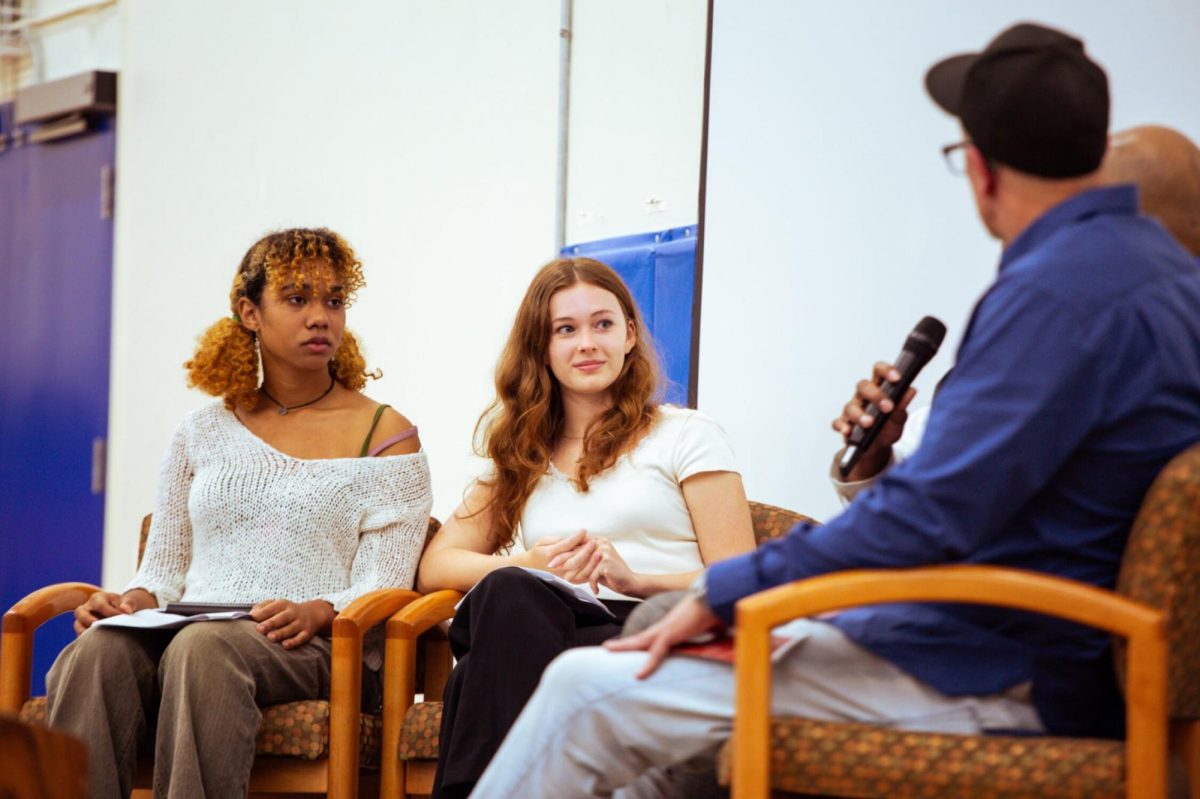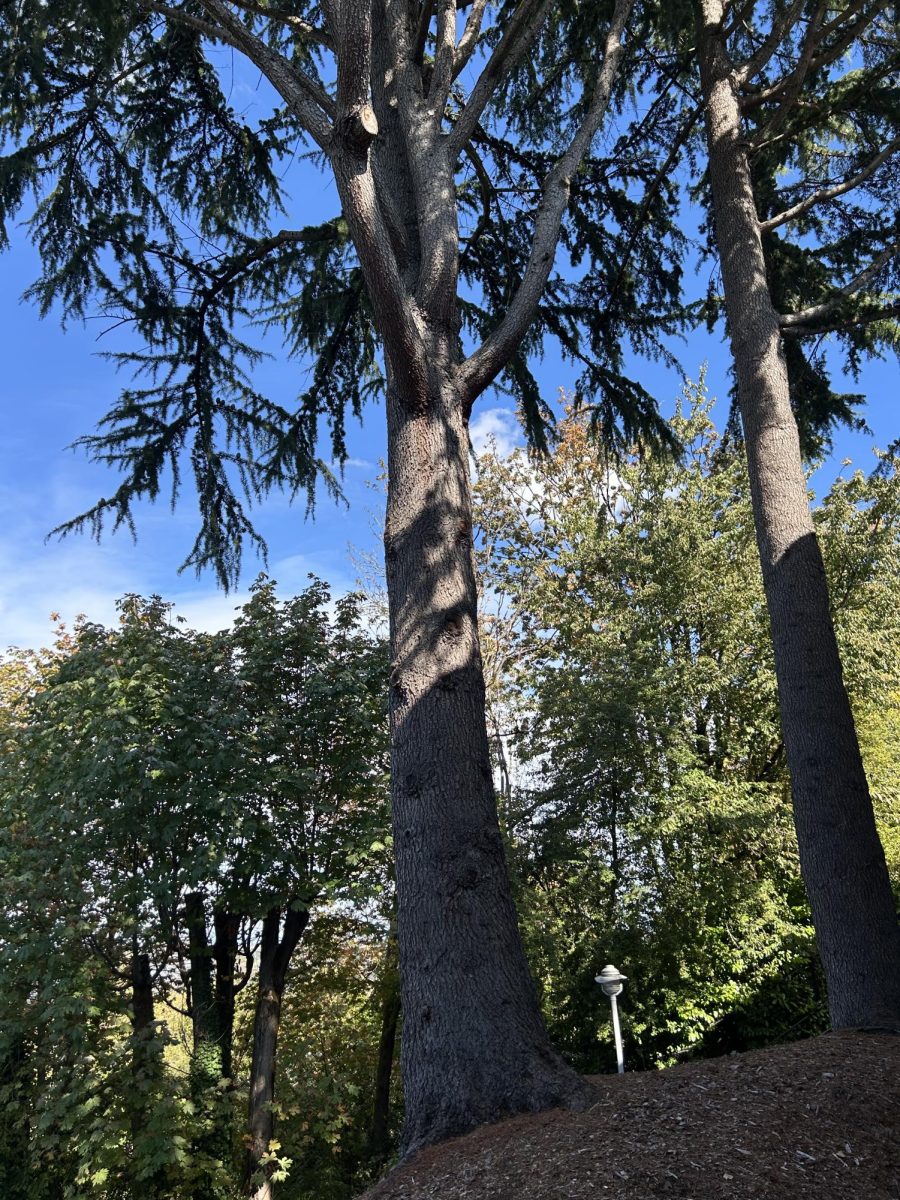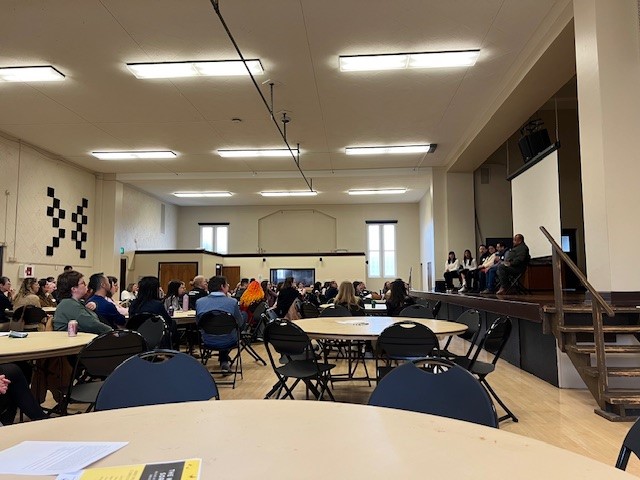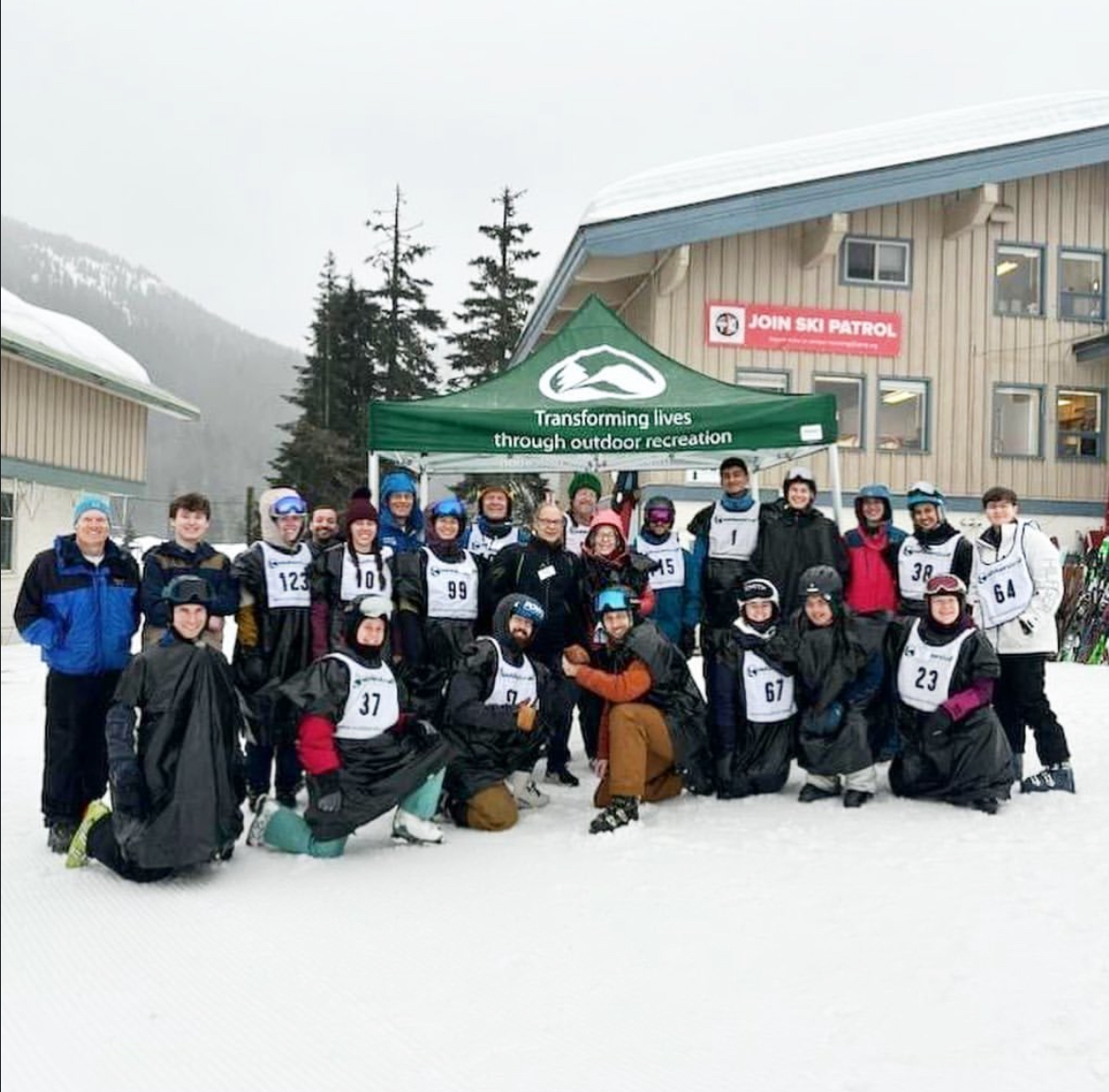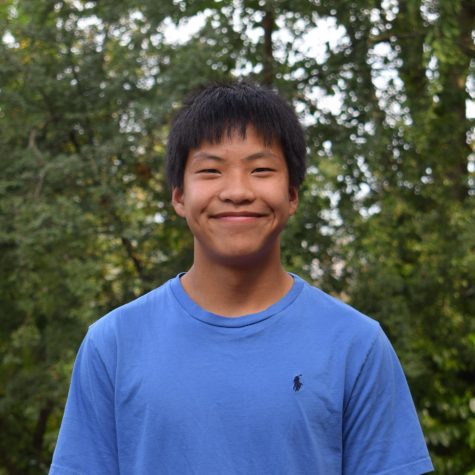In 1984, Washington state abolished parole. Since then, the state’s criminal justice system has fallen short in giving incarcerated individuals opportunities to show that they have reformed themselves.
Last summer, seniors Zoë Pomeroy and Kine Yade began an internship with the Seattle Clemency Project. During their sophomore year, both were introduced to the work of the organization through Seattle Prep’s Mock Trial team.
SCP works with individuals who have been given life sentences without parole, providing pro bono case work and legal counsel. In Washington state, people given life sentences can only get out through clemency, a petition to the governor that says that this individual has significantly grown and changed so that their long sentence or life sentence would not be beneficial to them or their community anymore.
Focused on preparing for a panel presentation at Seattle Prep, Yade and Pomeroy believed that educating the student body was the main goal.
“How can we get the message across clearly to high school students who don’t know much about clemency, who haven’t interacted with people who have been to prison?” Yade said.
Pomeroy added that, “The big thing we explored is the fact that if you’re not directly impacted by these issues, it means that you’re not exactly seeing the humanity.”
Both Pomeroy and Yade pushed the school to have the panel presentation during the day. As a result, Student Life created a Community Day on October 4. This created an opportunity for students to reflect on the school’s Grad at Grad pillar of being Committed to Justice, but more importantly to have the panel presentation during school hours as opposed to after school.
During the presentation, the two acted as moderators, facilitating a discussion between three formally incarcerated men who had worked with the SCP to reenter the community, having them share their unique stories and experiences to the student body.
Throughout the months of preparation leading up to the panel, Pomeroy described her gratitude for the opportunity she had: “Getting to work with these men helped reaffirm that humanity and my personal commitment to the work of reforming our criminal justice system.”
All three men had a unique experience and a unique story to tell. Marcus Price was convicted for life under the Three Strikes Law, Karlton Daniel was wrongfully sentenced as an accomplice, and Michael Lovrik was sentenced as a minor, going through a different process of getting released rather than through clemency.
In meeting these men and beginning to understand the struggles they had faced, Pomeroy reflected on her reaction to it all: “The fact that they had so much perseverance to try and get out of that situation is so inspiring. They’re generally just all amazing, super kind guys.”
Yade described her hope for students to understand that they have the ability to vote and create change in the criminal justice system: “I want them to have that positive exposure.”
She also expressed her hope to help create change in how students think about the system and how they perceive justice in the communities around them, referencing the danger of a rigid mindset: “If you see the news and you see the media saying that Seattle’s crime rates are going up, Seattle has a billion arrests today, etcetera, you begin to have this mentality that, wow, Seattle is dangerous.”
Pomeroy added, “If you don’t view these people as humans who have both the capacity to make huge mistakes and the capacity to change, feel remorse, and be productive members of society, then that is going to be reflected in the law.”
Yade plans to study law and policy related to the criminal justice system, building off her work with Pomeroy and exposure to the social justice issues our society faces.
These two believe that spreading awareness and informing those in our community is simply the beginning in understanding the issues at hand but also the need for change.
Pomeroy said, “Education is so important. Sometimes it can feel like an empty word, but in this context, it is imperative to making a change. The system, at the end of the day, is made by us, the voters.”


